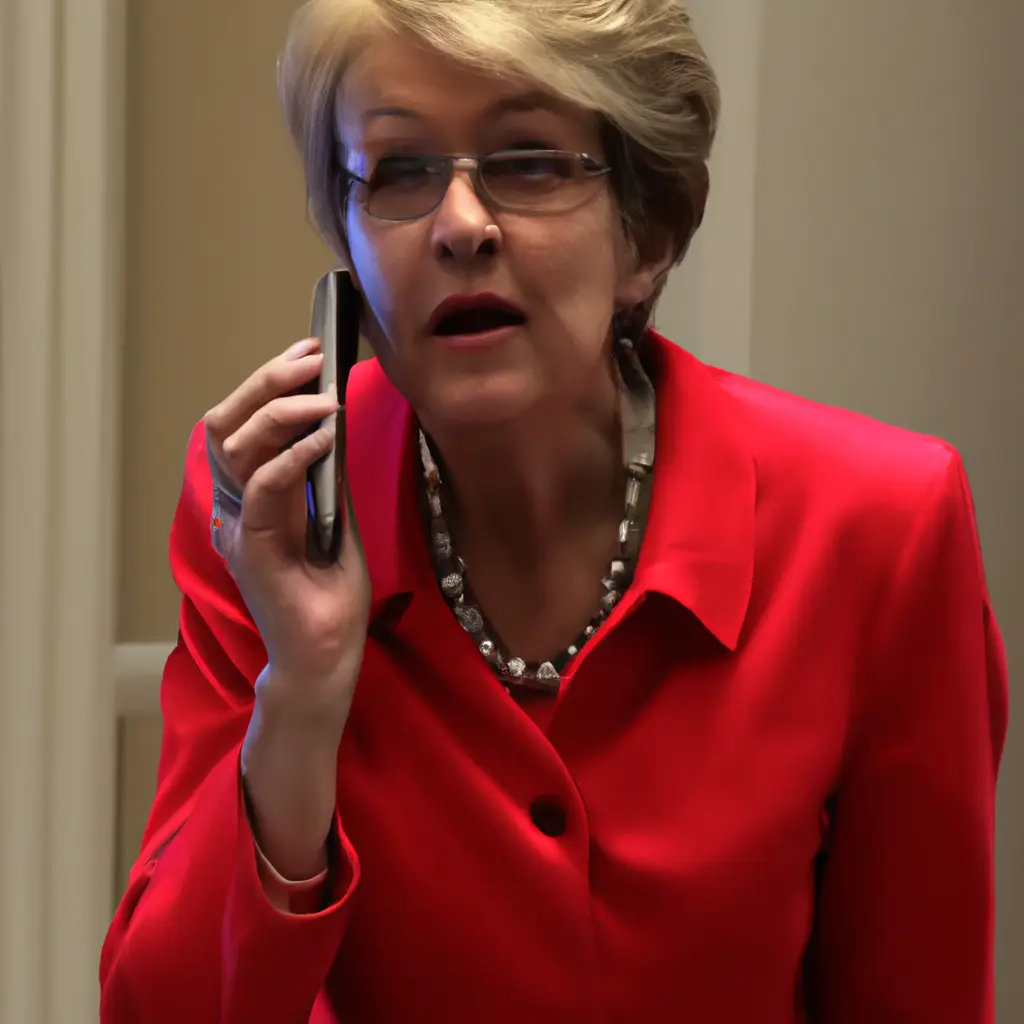Strict vetting laws in U.S. won't stop terrorists from using cryptocurrency


New reports on Palestinian terrorist groups' access to crypto assets point to an ongoing problem: terrorist organizations continue to exploit weaknesses in the financial system to raise, hide and distribute funds. There are multiple gaps among both traditional financial participants and some crypto platforms that are ineffectively complying with clear legal requirements that should protect their services from members of terrorist networks. It is important to note that cryptocurrencies in the US are regulated and have been since 2013. Exchanges and other financial intermediaries are money services businesses as required by the Bank Secrecy Act, and they are already required to register with FinCEN and report any suspicious, potentially criminal activity. U.S. exchanges conduct AML/KYC checks and screen all potential customers for sanctions. It makes the U.S. safer. In this case, other countries can learn from the U.S..
The recent proposal by more than 100 lawmakers, including Senators Elizabeth Warren (D-Massachusetts) and Roger Marshall (R-Kansas), does nothing to address where most cryptocurrency-related crimes occur - overseas and by unregulated actors. They propose KYC rules comparable to the proposal to require copier manufacturers to screen all users of their copiers. The authors unfortunately fail to realize that the underlying blockchain technology actually makes transactions publicly available, providing a traceable virtual paper trail to identify terrorist operatives and their financial backers. There are solutions.
Back in 2016, I started researching terrorist crowdfunding campaigns. In fact, the first campaign I tracked was organized by a Palestinian militant network to raise funds to buy rockets and other weapons. The campaign ran for several weeks and raised a little over $500 in Bitcoin. In the years that followed, various terrorist groups, including Hamas, became more familiar and refined their crypto skills. However, it is not clear that public crowdfunding has become the most reliable way to raise funds.
Crowdfunding is risky for those who dare to send money to a terrorist group. In fact, earlier this year, the militant wing of Hamas announced that it was suspending its Bitcoin campaign because the financial network had experienced multiple glitches. It turned out that the public collection of crypto allowed law enforcement to easily track donations and prosecute Hamas supporters and their financial structure. In 2020, the Justice Department reported how U.S. law enforcement conducted a covert operation to undermine Hamas' crypto campaign, taking control of its websites and diverting donations to U.S.-controlled wallets.
With this reality in mind, how were Hamas and related Palestinian terrorist groups able to obtain tens of millions in crypto?
14 May 2025
13 May 2025
13 May 2025
14 May 2025
Many discussions of how Hamas uses crypto fail to take into account the scale of its financial operation. Hamas' financial flows are precisely defined and difficult to verify, but the group relies on funding from Iran, possibly tens of millions of dollars annually, as well as foreign donations from the Gulf states in particular. Funds also come from taxation and tariffs, cash smuggling, various money exchange businesses and front companies. Counterterrorism finance officers attack this funding mix by targeting facilitating institutions. Last year, for example, the U.S. Treasury Department imposed sanctions on Hamas financial officials running the Hamas Investment Office, which manages a portfolio of global companies - construction, real estate and mining firms - with more than $500 million in assets from operations in Sudan, Turkey, Saudi Arabia, Algeria and the United Arab Emirates. The sanctions package targets the assets of key individuals who enable Hamas to make and move money.
While the role of crypto for Hamas is likely a small part of its budget, the Treasury Department should employ a similar, clear strategy to cut off Hamas' access to crypto accounts. The U.S. should target any business or organization that continues to allow the Hamas network to buy, receive, and send crypto. The international community has developed standards for the legitimate operation of cryptocurrency exchange businesses to prevent money laundering and use by terrorists. Some companies based in countries or regions that do not comply with these standards offer Hamas ways to circumvent sanctions and obtain crypto. The Treasury Department should consider imposing sanctions on such inappropriate cryptocurrency exchange businesses, and the U.S. government should take concrete steps to ensure that cryptocurrency exchange businesses develop in U.S. territories where the regulatory framework is better.
The U.S. does not need new legislation or enforcement tools to deal with Hamas crypto accounts. Terrorist financing issues are always a cat-and-mouse game. Those seeking to stop Hamas will have to be as nimble and creative as the enemy, using the tools already available to identify and disrupt its financial network.
Comment
Popular Offers

Subscribe to the newsletter from Hatamatata.com!
Subscribe to the newsletter from Hatamatata.com!
I agree to the processing of personal data and confidentiality rules of Hatamatata














